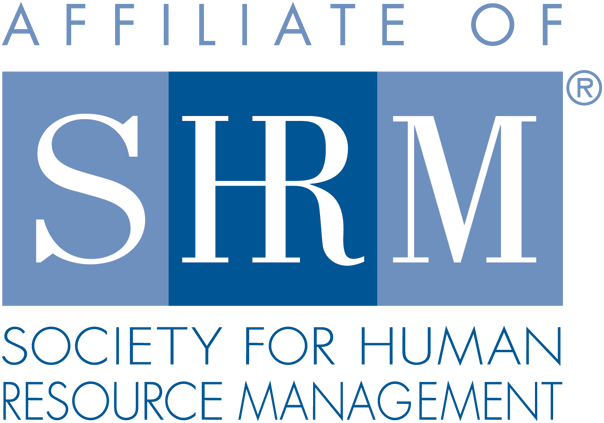
| Past Issues | Advertise | www.nehra.com | insights archive |
Advice for Job Seekers on "What Not to Say In An Interview"
![]() Print this Article | Send to Colleague
Print this Article | Send to Colleague
- "Sure" - If the interviewer asks if you have done a certain job duty and your answer is "Sure" then my next question is, "and...?" You need to give examples and elaborate during the interview. Most questions asked in an interview should not be "yes" or "no." Even a "can you start tomorrow" should elicit an "Absolutely, I would love to be a part of this team and I could start right now!" It shows more interest and confidence.
- "Kinda" - Not only is this not a word, it is already putting the interviewer in a skeptical place. If you have done something, say yes and use examples. Or if you haven't, detail how you have not yet had the opportunity to do that specific task but would love to learn and have had similar experience that will be an asset to that company.
- Any curse word - I know this is a given, but you would be surprised to know that once in a while, someone swears in an interview. Even in the context of a story it risks you coming off as crass, unprofessional or just not realizing that you are in a professional interview for a position you really want.
- "Umm" - I know it is hard to avoid the filler words, but practice, practice, practice ... and then be quiet. Practice interviews with your friends, mentors, family, etc. and then if you are in the interview and need a moment to think — just say so or be quiet and then respond. Saying "umm" too much could make someone picture you twirling your hair, chomping bubblegum and asking, "wait, what is this interview for again?" You want every question to be an opportunity to highlight why you are confident that you are the best candidate for the job even if on paper you might look too inexperienced.
- "Hate" - Maybe you did not like a certain job or boss, but you should not hate them. Moreover, you should not be airing your dirty laundry during an interview. If you are bitter or speaking negatively about them, what are you going to say about us? You might be mature, professional and positive otherwise but if an interviewer hears the word "hate" then they might not hear the rest.
- Age - Or marital status or any of the protected categories. It does not hurt anything to offer it up but it does put the interviewer in a precarious position where they cannot really comment on what you have said and need to redirect back to questions regarding this specific role and requirements.
The moral of the story? Think about what the interviewer will hear when you say certain words. It is not about what you intend, it is about what they hear and all you want them to hear is, "you just found the best person for this opportunity."
